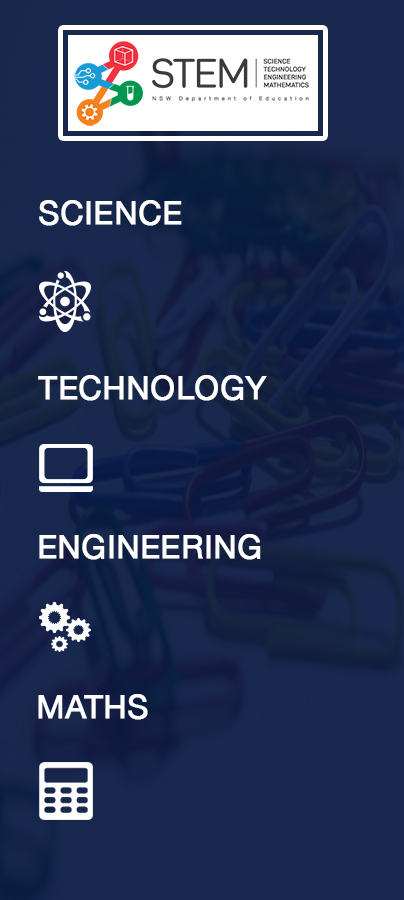
Rapid growth in technology-driven jobs makes STEM learning a priority
– 30 April
Science, technology, engineering and mathematics (STEM) related occupations have a 1.6 times higher growth rate than non-STEM jobs in Australia. This is according to an analysis of labour force data by the Department of Jobs and Small Business, which indicates that between November 2013 and November 2018, employment in STEM occupations grew by 16.5 per cent.
With more Australian organisations, universities and businesses introducing Industry 4.0 models into their daily processes, the need for STEM related jobs is expected to keep rising. The Department of Jobs and Small Business projects that STEM occupations will grow by 10.8 per cent by May 2023, which is another 271,300 people who are work-ready with STEM skills at hand. Non-STEM jobs are projected to grow by 6.1 per cent, 614,900 people, over the same period.
With STEM jobs taking leaps in the Australian workforce, organisations and businesses are recognising the need to teach younger generations the importance these roles will play when they enter the workforce in just a few years’ time.
Australia’s national science research agency, CSIRO, is gearing secondary school students up for careers in STEM with the establishment of Generation STEM. The program aims to attract, support, retain and train students in STEM at school and into further education to lead them into STEM jobs. Currently the program is available to New South Wales (NSW) students, but CSIRO is striving to adopt it in other states.
CSIRO education and outreach director Mary Malcahy said the NSW government made a $25 million endowment to the Science and Industry Endowment Fund (SIEF) to establish Generation STEM, as technology is changing the working landscape.
“As we move into an era of fast-paced technological disruption, a STEM-skilled, innovation-capable workforce will be integral to enabling the growth of our nation and economic prosperity. “There is a clear current and future need for STEM-skilled talent. STEM skills are already in high demand and growing,” said Malcahy.
Generation STEM connects schools with employers, helping to increase understanding of pathways and career opportunities. With that in mind, Malcahy said the program calls for industry involvement to ensure this initiative prepares the next generation with the relevant skills to address current and future labour needs.
“The manufacturing industry is a major player in the STEM arena and will be integral to helping us increase the number of STEM-capable citizens in NSW,” she said.
